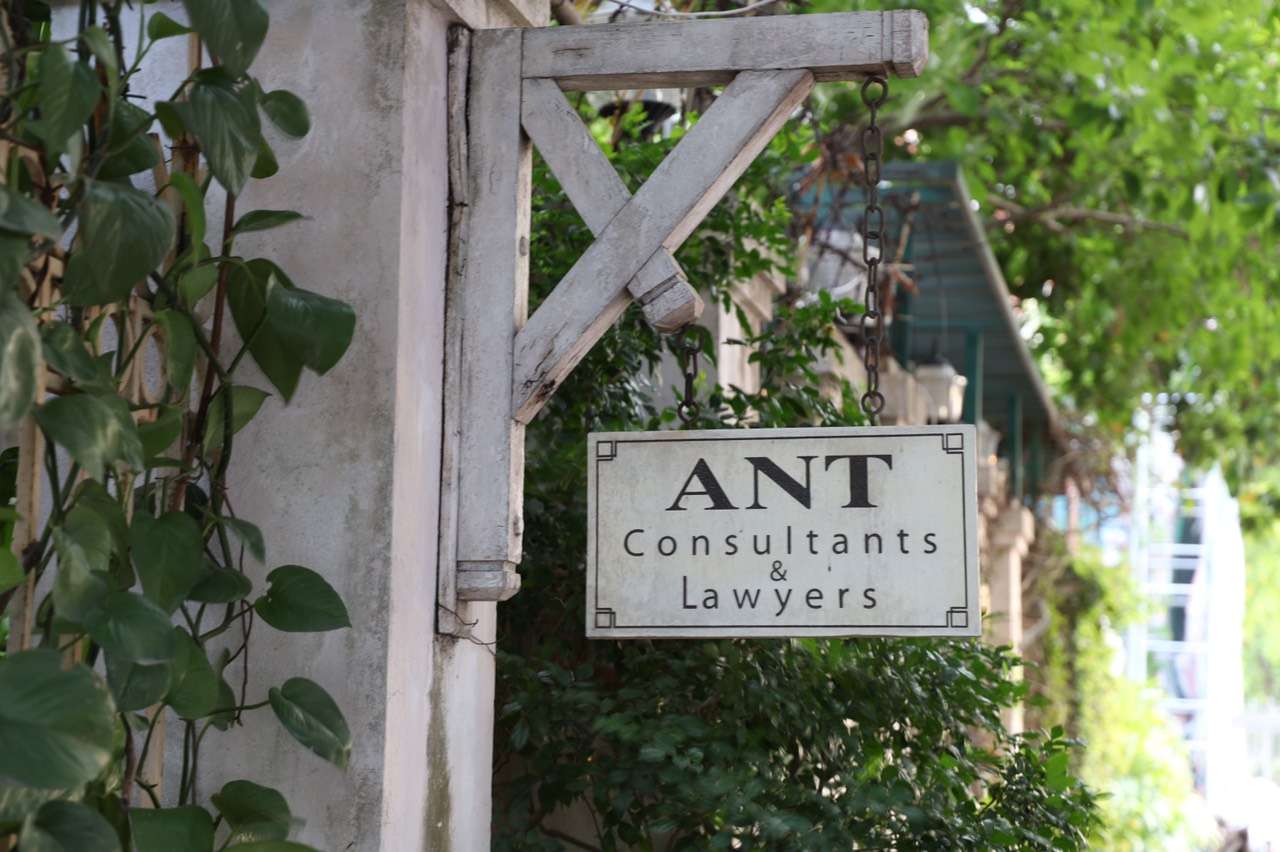Types of enterprise for foreign investors to invest in Vietnam are as following:
Limited Liability Company is a form of enterprise which is established by contributing of members. A member shall be liable for the debts and other property obligations of the enterprise within the amount of capital that it has undertaken to contribute to the enterprise.
Limited liability companies are regulated by two types:
– One member Limited Liability Company is an enterprise owned by one organization or individual;
– Limited Liability Company with two or more members is an enterprise owned by organizations or individuals, in which the number of members shall not less than two members and not exceed fifty.
Organizational and management structure of Limited Liability Company normally comprise of a Member’s Council, General Director or Director.
Joint Stock Company is an enterprise which has charter capital divided into equal portions called shares. The minimum number of shareholders shall be three and there shall be no restriction on the maximum number.
Shareholders shall be liable for the debts and other property obligations of the enterprise only within the amount of capital contributed to the enterprise.
Joint Stock Companies may issue all types of securities to raise funds. Founding shareholders must together register to subscribe at least twenty per cent (20%) of the number of ordinary shares which may be offered for sale.
The main difference between Joint Stock Company and Limited Liability Company is the Joint Stock Company can raise funds by offering shares or securities. In addition, an enterprise tends to join the Stock exchanges or public company must be a Joint Stock Company. Management system of Joint Stock Company is more complicated than Liability Company.
A partnership is an enterprise which must be at least two members being co-owners of the company jointly conducting business under one common name. In addition to unlimited liability partners, there may be limited liability partners.
Unlimited liability partners must be individuals who shall be liable for the obligations of the company to the extent of all of their assets. Limited liability partners shall only be liable for the debts of the company to the extent of the amount of capital they have contributed to the company.
A foreign business entity or a foreign trader is allowed to establish Representative Office in Vietnam.
Representative office of a foreign business entity in Vietnam (referred as “Representative Office”) means a subsidiary unit of the foreign business entity, established in accordance with the law of Vietnam in order to survey markets and to undertake a number of commercial enhancement activities permitted by the law of Vietnam.
Representative Office will need to apply and obtain the establishment license; and have a seal bearing the name of the representative office.
Representative Office is not allowed to directly conduct profit making activities in Vietnam (i.e: the execution of contracts, direct payment or receipt of funds, sale or purchase of goods, or provision of services), but the representative Office is permitted to
- To operate strictly in accordance with the purposes, scope and duration stated in the license for establishment of such representative office;
- To rent offices and to lease or purchase the equipment and facilities necessary for the operation of the Representative Office;
- To recruit Vietnamese and foreign employees to work for the Representative Office in accordance with the law of Vietnam;
- To open accounts in foreign currency and in Vietnamese Dong sourced from foreign currency at banks which are licensed to operate in Vietnam, and to use such accounts solely for the operation of the Representative Office.
The Branch of a foreign business entity in Vietnam (referred as “The Branch”) means a subsidiary unit of the foreign business entity, established in accordance with the law of Vietnam in order to enter into contracts in Vietnam and conduct activities being the purchase and sale of goods and other commercial activities consistent with its license for establishment in accordance with the law of Vietnam and any international treaty to which the Socialist Republic of Vietnam is a member.
The Branch will need to apply and obtain the establishment license; and have a seal bearing the name of the Branch.
The Branch is permitted to conduct activities being the purchase and sale of goods and other commercial activities consistent with its license for establishment in accordance with the law of Vietnam and any international treaty to which the Socialist Republic of Vietnam is a member.
Business co-operation contract (BCC) means the investment form signed between investors in order to co-operate in business and to share profits or products without creating a legal entity.
Build-operate-transfer contract (BOT) means the investment form signed by a competent State body and an investor in order to construct and operate commercially an infrastructure facility for a fixed duration; and, upon expiry of the duration, the investor shall, without compensation, transfer such facility to the State of Vietnam.
Build-transfer-operate contract (BTO) means the investment form signed by a competent State body and an investor in order to construct an infrastructure facility; and, upon completion of construction, the investor shall transfer the facility to the State of Vietnam and the Government shall grant the investor the right to operate commercially such facility for a fixed duration in order to recover the invested capital and gain profits.
Build-transfer contract (BT) means the investment form signed by a competent State body and an investor in order to construct an infrastructure facility; and, upon completion of construction, the investor shall transfer the facility to the State of Vietnam and the Government shall create conditions for the investor to implement another project in order to recover the invested capital and gain profits or to make a payment to the investor in accordance with an agreement in the BT contract.
Foreign investors may sign BOT, BT and BTO contracts with a competent State body to implement infrastructure construction projects in Vietnam. Typically, the contracts are for projects in the fields of transportation, electricity production, water supply, drainage and waste treatment.
The rights and obligations of the foreign investor will be regulated by the signed BOT, BT and BTO contract. The Government encourages both public- and private-sector investors to participate in BOT, BTO and BT in the following sectors:
(i) Construction, operation and management of brand-new infrastructure facilities; and
(ii) Renovation, expansion, modernization, operation and management of the existing infrastructure facilities such as:
• Roads, bridges, tunnels, and ferry landings;
• Railway bridges and railway tunnels;
• Airports, seaports and river ports;
• Clean water supply systems; sewage systems;
• Wastewater, waste collecting and handling systems;
• Power plants and power transmission lines;
• Infrastructure works of health service, education, training, career training, culture, sport and offices of State agencies; and
• Other projects as may be determined by the Prime Minister




























.jpg)
.jpg)
.jpg)

.jpg)
.jpg)

